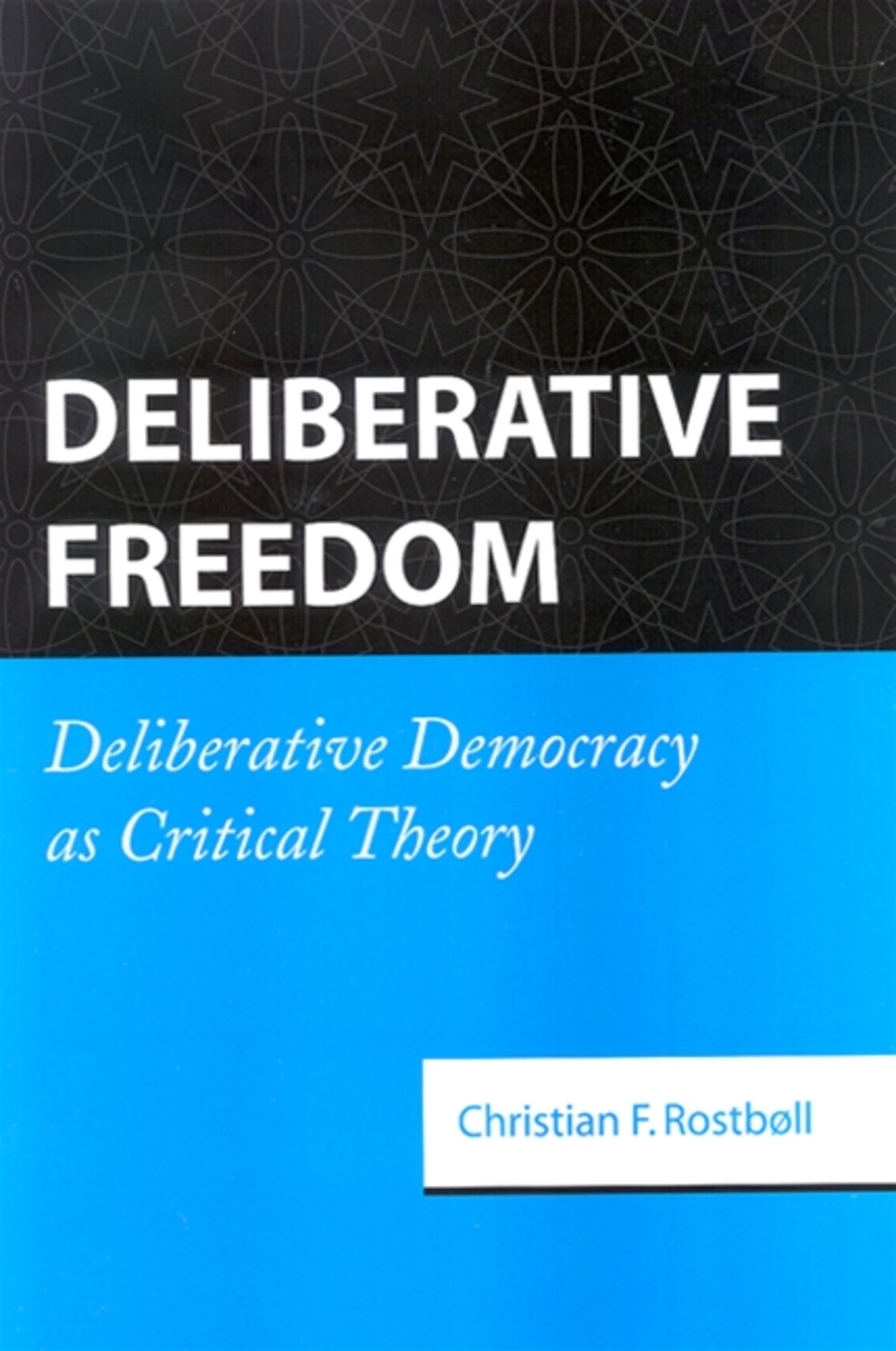We're sorry. An error has occurred
Please cancel or retry.
Deliberative Freedom

Some error occured while loading the Quick View. Please close the Quick View and try reloading the page.
Couldn't load pickup availability
- Format:
-
01 July 2009

The first sustained look at the relationship between deliberative democratic theory and the topic of freedom.
In Deliberative Freedom, Christian F. Rostbøll accepts the common belief that democracy and freedom are intimately related, but he sees this relationship in a new and challenging way. Rostbøll argues that deliberative democracy is normatively committed to multiple dimensions of freedom, and that this, in turn, makes it a distinct model of democracy. He presents a new version of deliberative democracy that rejects the prevailing synthesis of Habermasian critical theory and Rawlsian political liberalism, and contends that this synthesis obscures and neglects important concerns in terms of freedom and emancipation. In addition, Rostbøll explores how the many dimensions of freedom supply a new and fruitful way to address issues such as paternalism, elitism, rationalism, and neutrality.


"This is a thought-provoking and carefully argued book. It makes a unique contribution that adds substantially to our understanding of how deliberative democracy should work." — Kevin Olson, author of Reflexive Democracy: Political Equality and the Welfare State
"The author does an excellent job of explaining how the theory of deliberative democracy requires a multidimensional concept of freedom. No one had done this yet, but it needed to be done." — Christopher F. Zurn, author of Deliberative Democracy and the Institutions of Judicial Review
Acknowledgments
Introduction
Why "Dimensions" of Freedom?
Overview of the Book
1. Deliberation, Aggregation, and Negative Freedom
Beyond the Aggregation and Transformation Dichotomy
The Negative Freedom Tradition and Democracy
Conclusion
2. Republican Freedom and Discursive Status
Domination without Interference
Conclusion
3. Preferences and Paternalism
Nonautonomously Formed Preferences Paternalism
Collective Self-Legislation and Freedom as Status
Conclusion
4. Freedom as Accommodation: The Limits of Rawlsian Deliberative Democracy
The Accommodation of Reasonable Doctrines and Negative Freedom
Public Reason and Reasonableness
Political and Moral Autonomy
Conclusion
5. Freedom as Emancipation: Deliberative Democracy as Critical Theory
The Critique of Ideology and Internal Autonomy
Deliberation and Politicization
Social Critics, Triggering Self-Reflection, and Public Autonomy
Conclusion
6. Democratic Ethos and Procedural Independence
The Interdependence of the Ethical and the Moral
Deliberation and Privacy
Democratic Ethos
Thinking for Oneself
Conclusion
7. Freedom, Reason, and Participation
The Epistemic Dimension of Deliberative Democracy
Reason, Freedom, and Radical Democracy
Participation, Freedom, and Neutrality
Conclusion
8. Conclusion: Toward a Theory of Deliberative Freedom
Four Conceptions of Freedom Reinterpreted
A Multidimensional Theory of Deliberation and Freedom
On the Need for Institutional Reform and Economic Redistribution
Notes
Bibliography
Index



